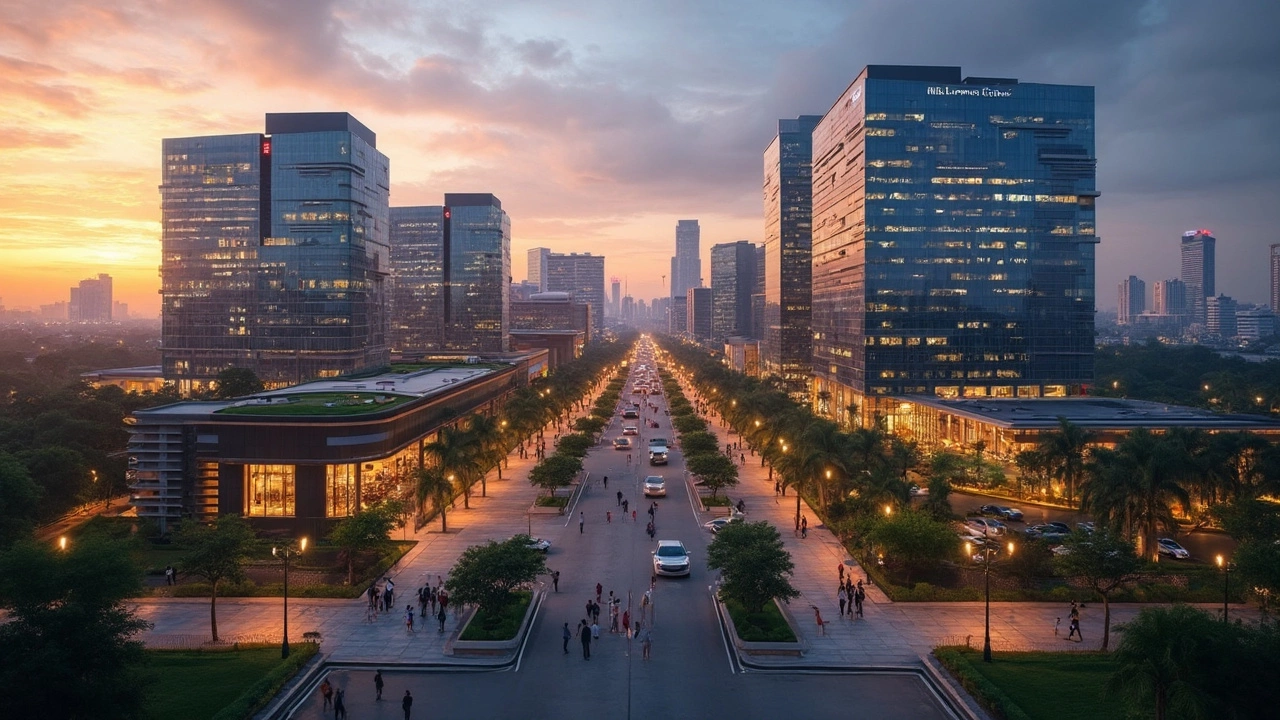
Why Bangalore is Known as the Electronics City of India
Discover why Bangalore is called the electronics city of India, from its huge tech parks and start-up scene to the big companies fueling India's IT boom.
When working with Electronics City, a purpose‑built zone for electronics manufacturing in India. Also known as Electronics hub, it hosts a dense network of factories, R&D labs, and supply‑chain services. The area functions as a manufacturing hub, centralizing production capabilities and workforce training, drives the semiconductor industry, by attracting chip fabs and design houses, and pioneers smart factories, where IoT and AI optimize line efficiency. In short, Electronics City is the engine that powers India’s high‑tech manufacturing surge.
The zone’s core strength lies in its infrastructure. Wide‑lane roads, dedicated power substations, and a 5G‑ready telecom backbone form the backbone that Electronics City needs to keep production humming. Government incentives—tax holidays, land‑lease subsidies, and fast‑track approvals—create a policy environment that encourages both multinational giants and local startups to set up shop. This policy‑driven support influences the supply chain, pulling in component vendors, logistics firms, and testing labs that together form an end‑to‑end ecosystem.
Beyond bricks and policies, talent fuels the whole ecosystem. Technical institutes near the corridor churn out engineers skilled in PCB design, embedded software, and advanced robotics. Companies tap this talent pool to staff smart factories, where predictive maintenance and real‑time quality monitoring cut waste and boost yields. The result is a virtuous loop: better talent improves factory performance, which attracts more investment, which in turn funds more training programs.
From a market perspective, the rise of electric vehicles, renewable‑energy hardware, and consumer IoT devices creates a surge in demand for locally produced electronics. The semiconductor push, backed by recent “Make in India” chip initiatives, means that design‑to‑fab cycles can now happen within the same geographic region, slashing lead times. For entrepreneurs, this translates into lower entry costs and faster go‑to‑market timelines. Readers will soon see articles that dive into product ideas, pharma successes, and profitability analyses—all of which intersect with the opportunities that Electronics City offers.
Now that you’ve got the big picture—from infrastructure and policy to talent and market demand—take a look at the curated posts below. They unpack practical steps, real‑world case studies, and data‑driven insights that can help you navigate or capitalize on the vibrant ecosystem of Electronics City.

Discover why Bangalore is called the electronics city of India, from its huge tech parks and start-up scene to the big companies fueling India's IT boom.